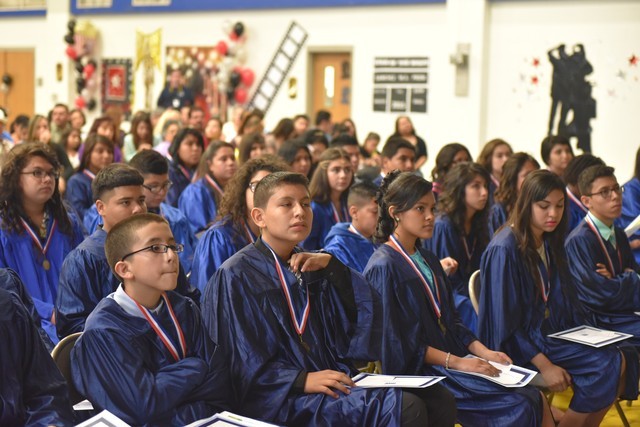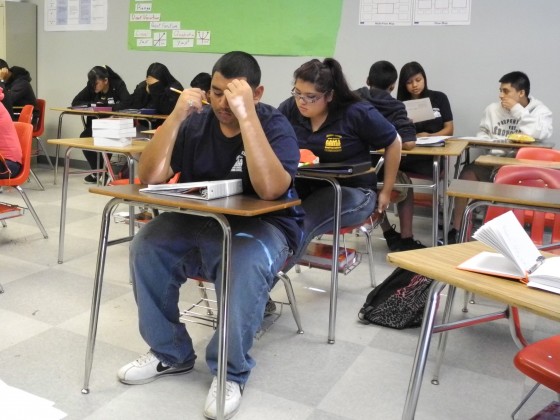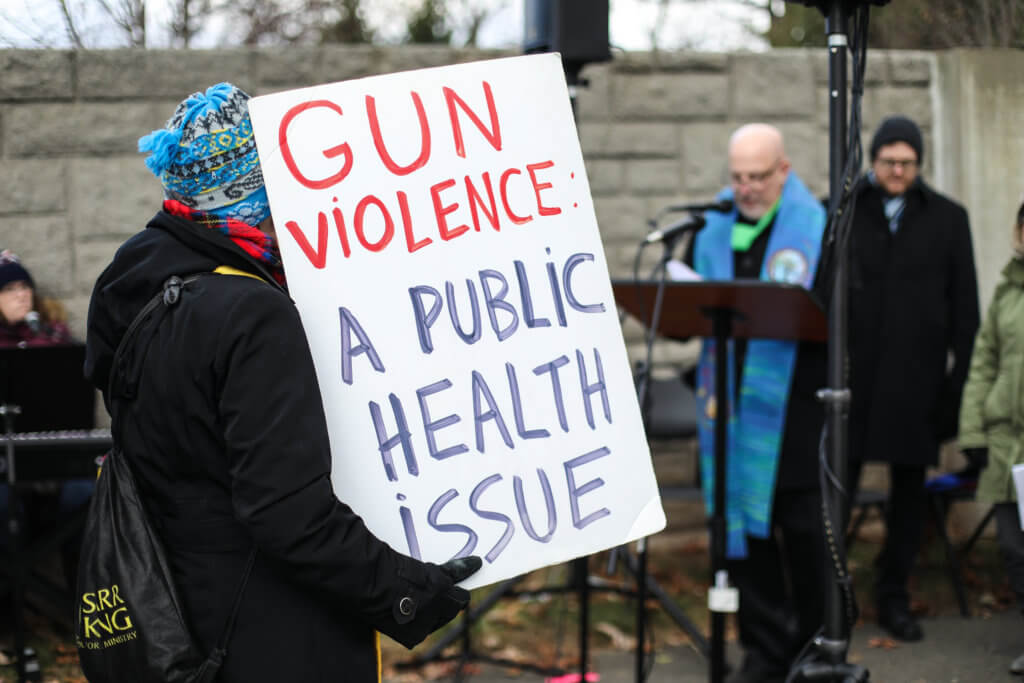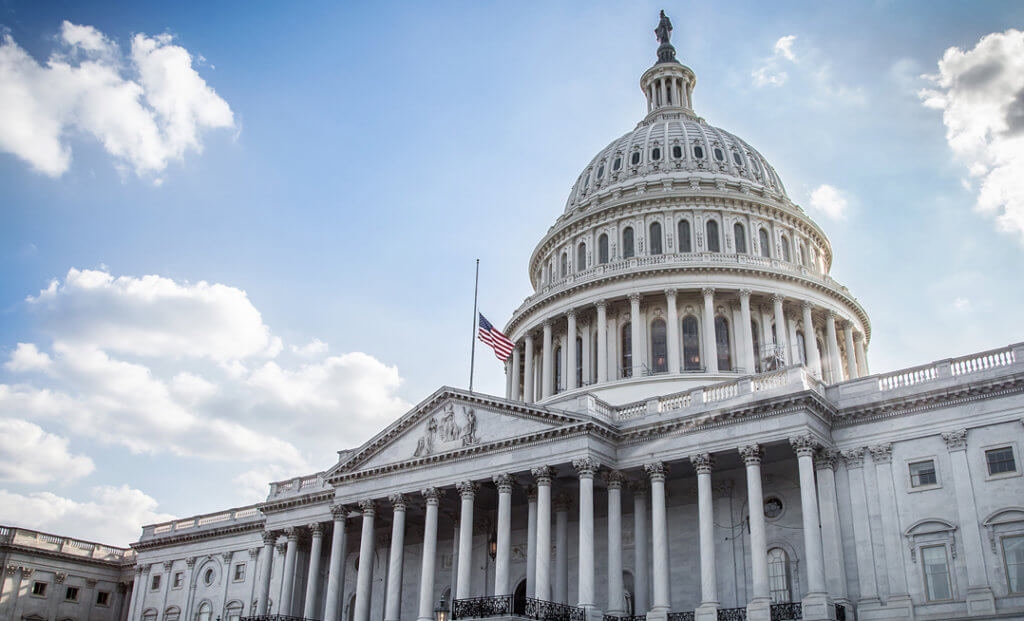Accountability Must be Included in Education Bill to Fulfill its Promise to Students
After more than a decade, the Elementary and Secondary Education Act appears to be headed for reauthorization. The last time the civil rights law was rewritten was 2002, when it was rebranded as “No Child Left Behind.” The current rewrite is in the final stages as House members have been named to serve on the bill’s conference committee, which will reconcile differences between the House and Senate versions before putting it up for a vote in each body.
This week, NCLR President and CEO, Janet Murguía, hosted a conference call for Affiliates and NCLR supporters with the Department of Education’s Delegated Deputy Secretary, Dr. John B. King, Jr.
You can listen to the entire call below.
[soundcloud url=”https://api.soundcloud.com/tracks/233675707″ params=”color=ff5500&auto_play=false&hide_related=false&show_comments=true&show_user=true&show_reposts=false” width=”100%” height=”166″ iframe=”true” /]
The following are prepared remarks Janet Murguía made during the live call:
No Child Left Behind or NCLB is of immense importance to the Latino community since our children make up not only the largest ethnic majority in the American classroom but also one of every four students in this country. NCLB was enacted more than a decade ago during the Bush Administration and it marked the first time ever that the federal government was required to hold schools accountable for the way they were educating English learners, many of whom are Hispanic. This is the reason why NCLR supported this far from perfect legislation. It is long past time for Congress to update and help correct some of the flaws and the unintended consequences of NCLB.
This is a message Congress has received since the reauthorization of the bill is one of the few pieces of major legislation to be passed this year by both the House and Senate. This week we expect the House and the Senate to appoint conferees, the last step before the legislation is sent to the President.
NCLR has been working closely and on a bipartisan basis with Senator Patty Murray (D–Wash.) and Senator Lamar Alexander (R–Tenn.) and Rep. Bobby Scott (D–Va.) and Rep. John Kline (R–Minn.) on the house side, to strengthen the provisions related to English learners in the bill and we are now working to make sure these provisions—which include requiring that English learners be included in a state’s accountability system and support for English learners so that they can achieve academic success—stay in the final version of the bill. It is our understanding that just this weekend an agreement on the framework for this has been reached. While we do not have the details, we hope to get more information in the coming days.
As the process moves forward, provisions must ensure that states are able to intervene if a school is found to be failing its Latino and English learner students. Without this provision in the final bill, it is unclear whether the ESEA can fulfill its promise to our students. In short, a strong ESEA that protects our nation’s most vulnerable students is vital to ensuring that states and school districts are living up to their obligation to provide a quality education to all on an equal basis, regardless of who they are or where they live. Giving all children the best education possible so that they can achieve and contribute as much as possible is something all Americans will benefit from and should get behind on.
We are monitoring the process closely and are working to ensure that a final bill reflects the priorities of the Latino community. Follow @NCLR for the latest updates.
For more information on NCLR’s education work, visit nclr.org/issues/education




